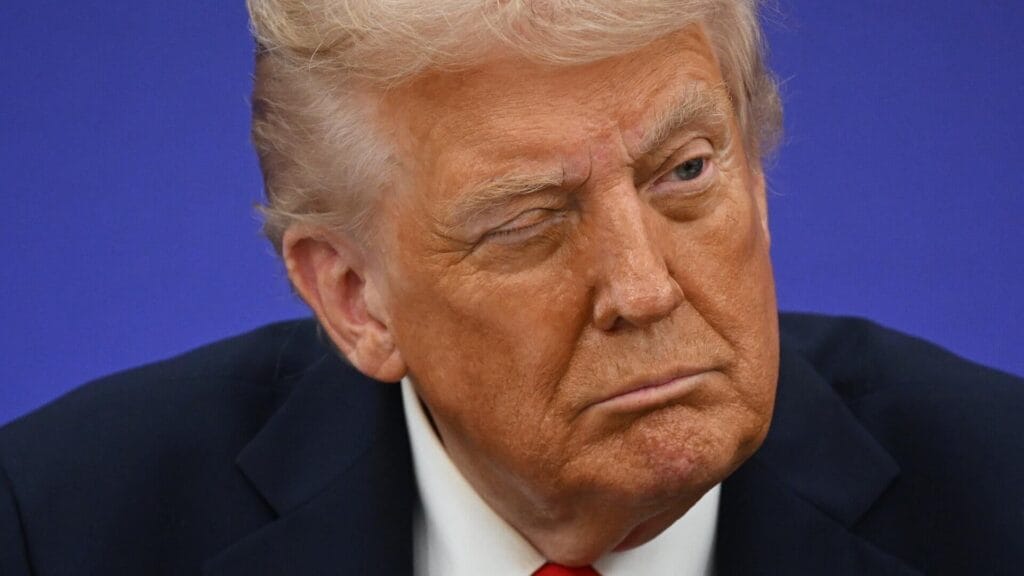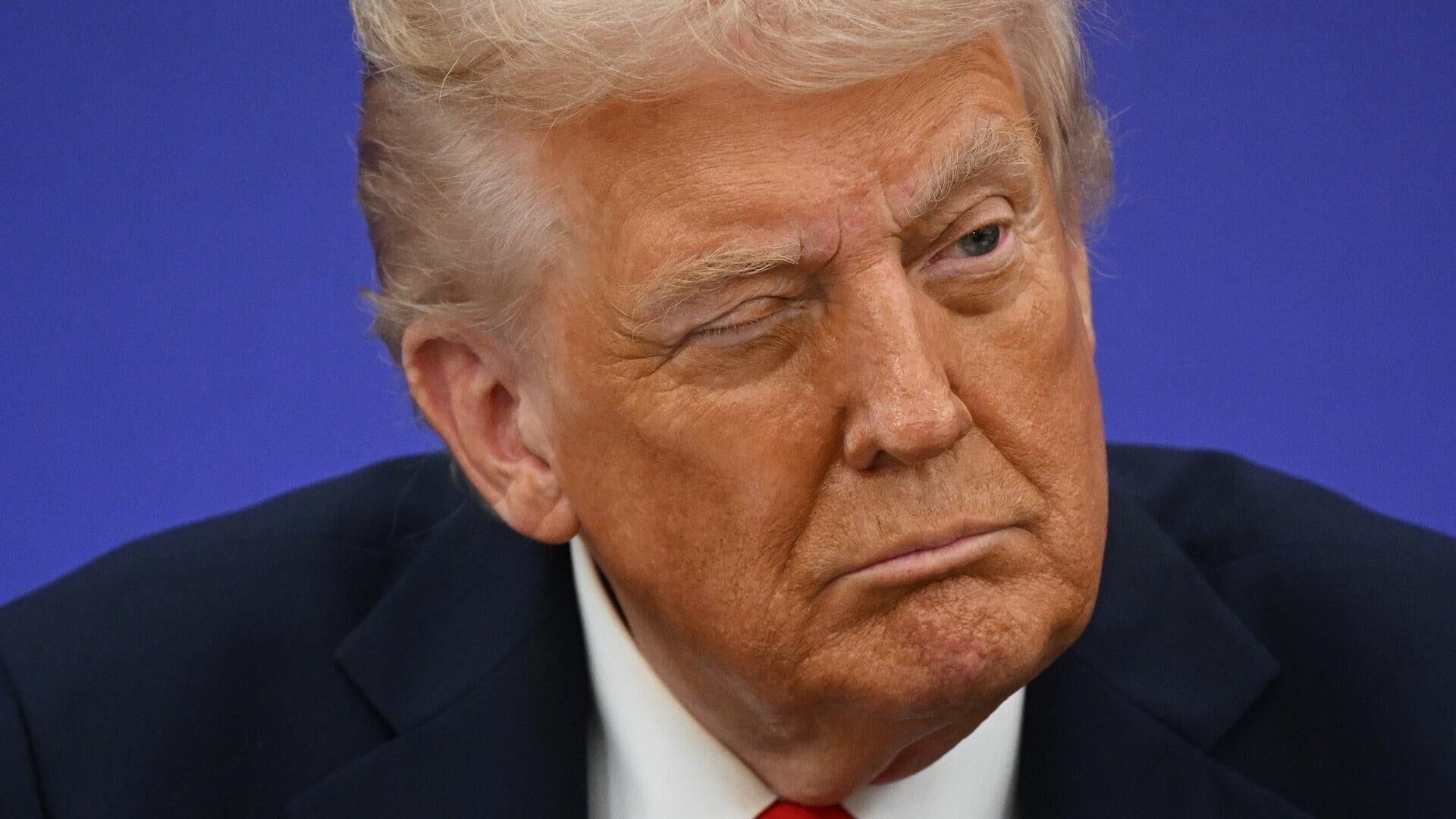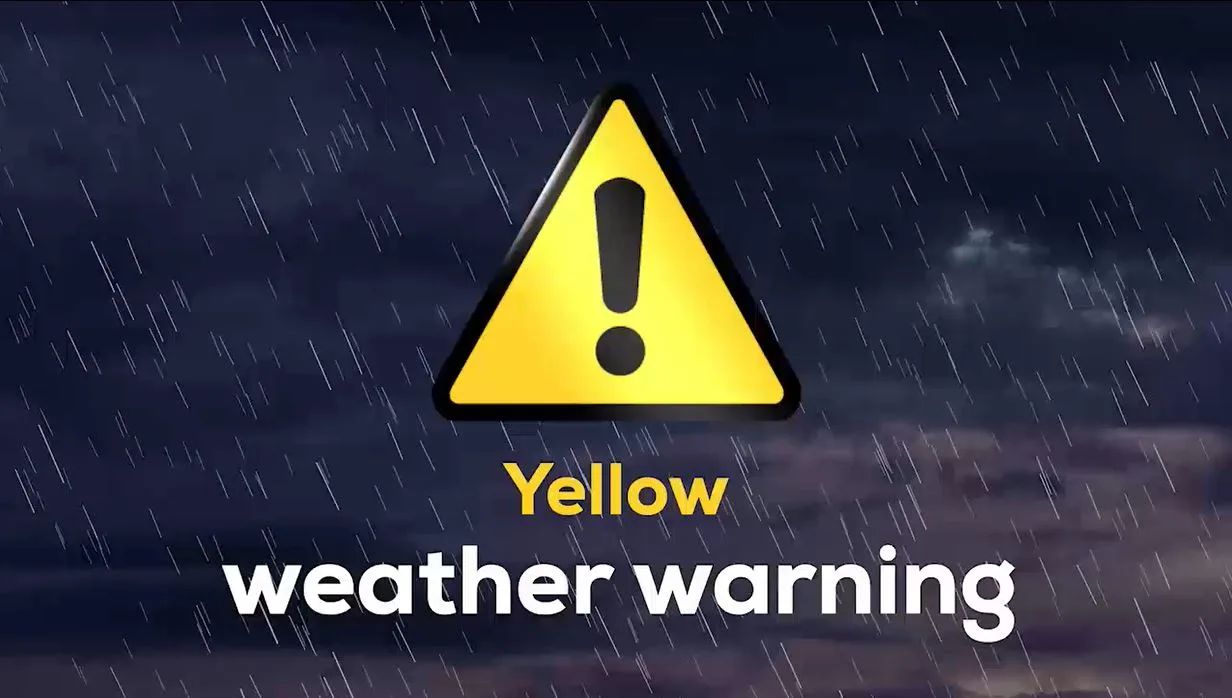Trump Media Controversy intensifies after ABC suspends Kimmel. Debate erupts over free speech, FCC actions, and alleged media bias.
The Trump Media Controversy intensified on Friday, September 20, as President Donald Trump sharply criticized US media, calling their coverage of him “illegal” and overwhelmingly negative.
The comments came shortly after ABC announced the indefinite suspension of comedian Jimmy Kimmel’s late-night show, following controversial remarks Kimmel made about conservative activist Charlie Kirk.
“They’ll take a great story and they’ll make it bad. I think it’s really illegal, personally,” Trump told reporters in the Oval Office.
“Known for his avid television-watching habits, the 79-year-old Republican claimed that coverage of his administration is “97 percent bad.”
This marks the latest chapter in the ongoing Trump Media Controversy, reflecting the tense relationship between the former president and mainstream media outlets.
FCC Chair Brendan Carr and the Regulatory Debate
Central to the controversy is Federal Communications Commission (FCC) Chair Brendan Carr.
On September 18, Carr criticized Kimmel’s remarks on Kirk’s assassination and warned broadcasters that airing the content could lead to sanctions, including fines or potential license revocation.
Hours later, ABC announced the indefinite suspension of Kimmel’s show, igniting widespread debate over free speech and media accountability.
Trump defended Carr during his Oval Office remarks, calling him “an incredible American patriot with courage.”

Supporters argue Carr is holding media accountable, while critics warn that government interference in broadcast content could infringe on First Amendment rights—a concern at the core of the Trump Media Controversy.
Political Responses and Legal Concerns
Even among Trump allies, opinions vary. Texas Senator Ted Cruz, a close supporter, cautioned against allowing the government to dictate which speech is acceptable.
Speaking about Carr’s threats, Cruz compared the situation to a scene from Martin Scorsese’s Goodfellas: “It’s like a mafioso coming into a bar: ‘Nice bar you have here. It would be a shame if something happened to it.’”
His remarks underline concerns that regulatory pressure, even well-intentioned, can create a chilling effect on media freedom.
Legal analysts note that while broadcasters have editorial control, government threats—even indirect—can carry significant consequences.
The ABC Kimmel Suspension highlights the delicate balance between entertainment, political commentary, and regulatory oversight, central issues in the ongoing Trump Media Controversy.
Trump’s Legal Battles and Media Bias Claims
Earlier this week, Trump suffered a setback in his personal battle with the media when a federal judge dismissed his $15 billion defamation lawsuit against The New York Times.
The court issued a scathing ruling that questioned the viability of his claims, emphasizing the difficulty of proving deliberate falsehoods in cases involving public figures.
Despite the legal defeat, Trump continues to frame the media as biased, asserting that mainstream outlets systematically misrepresent him.
Such claims form a key element of the Trump Media Controversy and illustrate his ongoing strategy of challenging the press while mobilizing his supporters around issues of fairness and accountability.
Broader Implications for Free Speech
The Trump Media Controversy has sparked broader debate about free speech and regulatory authority in the United States.
Supporters argue that media outlets often distort facts, while critics caution against government influence over content, citing First Amendment protections.
The FCC’s involvement, under Carr’s leadership, demonstrates how regulatory actions can intersect with political disputes.
While intended to enforce standards and hold broadcasters accountable, these actions risk intensifying perceptions of censorship—an issue at the heart of the Trump Media Controversy.
The ABC Kimmel Suspension
The ABC Kimmel Suspension serves as a flashpoint in the debate. Kimmel, a vocal critic of Trump, faced backlash for comments on Charlie Kirk’s assassination, prompting the network’s decision to suspend his show indefinitely.
The episode underscores the challenges networks face in balancing entertainment, political commentary, and social responsibility, and it has become a focal point in discussions surrounding media bias and government influence.
The Trump Media Controversy encapsulates the tensions between free speech, media accountability, and political influence in contemporary America.
From Trump’s repeated denunciations of biased coverage to FCC warnings and ABC’s suspension of Kimmel, the debate illustrates the fragile balance between expression and regulation.
As Trump continues to challenge media narratives and pursue legal actions, the controversy remains a defining issue in American public discourse.
The combination of political rhetoric, regulatory authority, and entertainment media has ensured that the Trump Media Controversy will remain a central topic in discussions about the future of free speech and press freedom.



